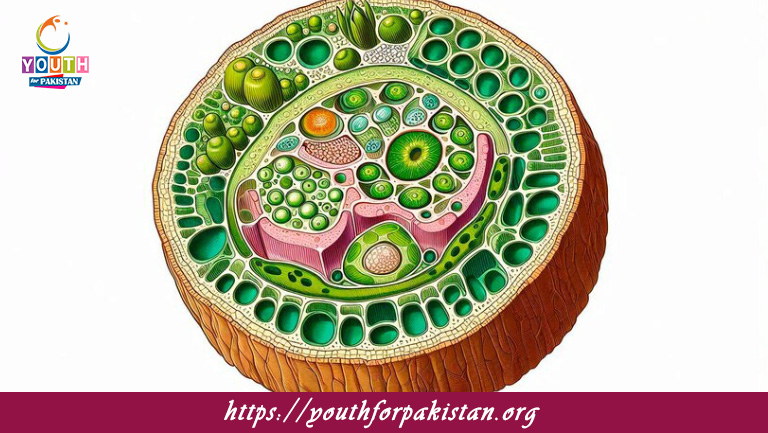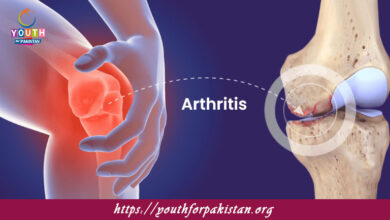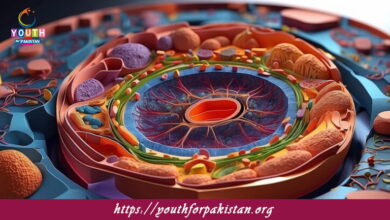Cell Wall MDCAT Quiz: is a targeted resource crafted to help MDCAT students gain a thorough understanding of the cell wall and its critical functions in biology. As a fundamental topic in the MDCAT syllabus, the MDCAT Quiz on the cell wall ensures you are well-prepared to answer exam questions with confidence and precision.
Understanding the Cell Wall for MDCAT Success
The cell wall is a vital structural component found in plant cells, fungi, and some prokaryotes, playing a key role in maintaining cell shape and protecting against external stress. This quiz covers essential concepts, such as the composition of the cell wall (cellulose, chitin, and peptidoglycan), its role in osmoregulation, and its differences across various organisms. By engaging with this quiz, you can reinforce your understanding of this high-yield topic and align your preparation with MDCAT’s biology syllabus.
Interactive Quiz to Master the Cell Wall
The Cell Wall MDCAT Quiz offers a variety of question types, including conceptual scenarios and fact-based problems, to deepen your understanding of the topic. Questions explore topics like the primary and secondary cell wall, plasmodesmata, and the unique features of plant cell walls versus bacterial cell walls. With detailed explanations for every answer, the quiz helps identify knowledge gaps, making it an essential tool for active learning and concept retention.
0Get Your Username and Password for MDCAT Tests
Sign Up Now
Free Flashcards for Cell Wall Revision
To supplement your preparation, we offer free flashcards focusing on cell wall-related concepts. These flashcards emphasize key details, such as the biochemical composition of cell walls, their structural importance, and the process of cell wall synthesis. Lightweight and portable, these flashcards allow you to study on the go, ensuring that no detail is overlooked in your MDCAT preparation.

What is the primary function of the cell wall in plants?
Provides structure and protection

What is the main component of the plant cell wall?

In fungi, the cell wall is primarily made of?

What is the cell wall in bacteria primarily composed of?

Which organelles are surrounded by a cell wall in plants?

What is the role of lignin in the cell wall?
Provides rigidity and waterproofing

Which type of organism lacks a cell wall?

In algae, what is the cell wall made of?
Cellulose and other polysaccharides

What is the function of plasmodesmata in the cell wall?
Allow communication between cells

What is the middle lamella in the plant cell wall made of?

What type of cell wall do Gram-positive bacteria have?
Thick peptidoglycan layer

What type of cell wall do Gram-negative bacteria have?
Thin peptidoglycan with outer membrane

What is the function of the cell wall in prokaryotes?
Maintains shape and protects the cell

What structure lies outside the cell wall in some prokaryotes?

What are the microfibrils in the plant cell wall composed of?

What is the role of the secondary cell wall in plants?
Provides additional strength

What component strengthens the primary cell wall?

Which organisms have a cell wall made of silica?

What distinguishes a plant cell wall from a fungal cell wall?

What is the purpose of the pectin in the cell wall?
Helps bind cells together

What structure allows plant cells to withstand turgor pressure?

Which layer of the plant cell wall is formed first?

What is the role of the cell wall in osmotic regulation?
Prevents bursting under high pressure

What is the outermost layer of a bacterial cell wall?

In archaea, what is the cell wall composed of?

Which process allows the cell wall to expand during plant growth?
Loosening of cellulose microfibrils

How does the cell wall contribute to plant defense?
Acts as a barrier to pathogens

What is the role of glycoproteins in the cell wall?

What connects adjacent plant cells through their cell walls?

What is the function of the S-layer in some prokaryotic cell walls?
Experience the real exam environment with our expertly designed collection of over 25,000 MCQs MDCAT Mock Tests.
View Your Dashboard






